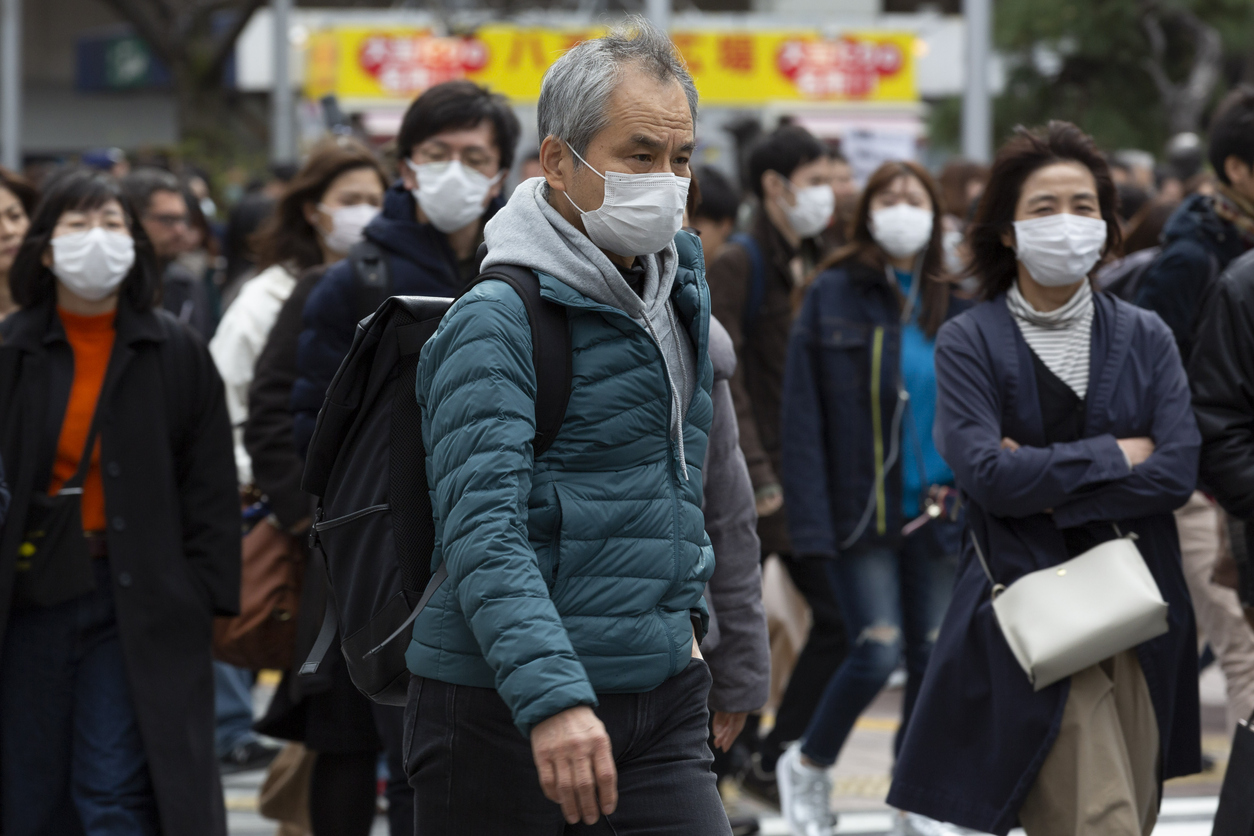COVID-19: From Trump's 'flattened' curve to China's paper suppression

The number of novel coronavirus cases crossed more than 1.9 million claiming at least 1,19,686 lives across the world on Tuesday (April 14). United States remains the worst affected with 5,82,468 COVID-19 cases followed by Spain, Italy, France and Germany.
Here’s a roundup of global developments
United states of America (USA)
Extension of H-1B Visa: In a major development, the US government has decided to allow applications by H-1B visa holders for an extended stay in the country. This comes as a big relief for thousands of stranded Indian professionals amid the COVID-19 lockdown
H-1B Visa allows US companies to employ foreign workers in specialty occupations that require theoretical or technical expertise. The US Department of Homeland Security (DHS) said that there are immigration-related challenges as a direct result of the coronavirus pandemic. The moves comes when countries across the world have closed their borders and all international passenger flights have been suspended globally.
Flattening curve: On Tuesday, US President Donald Trump during a White House press conference said the new infections in the country remained flat and that the “aggressive” strategy to fight the deadly virus was working. He also said America is making critical progress as hospitalisations in hotspots are slowing down.
On Monday, around 1334 died in the US and 24,895 new cases were reported.
Related news | US approves sale of missile, torpedoes worth USD155 million to India
Spain
Back to work: Reports suggest that an estimated number of 300,000 people went back to work on Monday (April 13). Spanish Health Minister has confirmed that the coronavirus outbreak in the country has ‘passed its peak’.
According to health ministry, the number of new infections rose by 1.8 per cent to 172,541 case, the smallest rise since the country imposed a nationwide lockdown on March 14.
France
Extension of lockdown: French President Emmanuel Macron announced the extension of lockdown till May 11. France has been under lockdown since March 17. Macron said he sees “hopeful signs” as the spreading of the virus in the country appears to be recovering.
Except for schools, restaurants, cafes, hotels, cinemas, museums and concert halls will remain closed after May 11. No huge gatherings will be allowed until mid-July, he added.
China
Blocking research papers: China has blocked the publication of research papers related to COVID-19 pandemic. As reported by the CNN, it is a coordinated effort from the Chinese government to paint it as if the outbreak did not originate in China.
Iran
Deaths drop below 100: On Tuesday,the number of lives lost in Iran due to the novel coronavirus dropped to double figures for the first time in one month. Health ministry spokesman Kianoush Jahanpour said 98 deaths from the COVID-19 disease were recorded in the past 24 hours, bringing the overall toll to 4,683.
Related news | South Korea goes to polls amid coronavirus, with masks and gloves
United Kingdom (UK)
Death toll could be 15% higher than shown: Britain’s COVID-19 death toll could be 15% higher than the daily statistics have indicated so far, showed a recent data Puoblished on Tuesday. The Office for National Statistics said 6,235 people in England and Wales had died by April 3 with mentions of COVID-19 on their death certificates. This is 15 per cent higher than the National Health Service (NHS) numbers as they include all mentions of COVID-19 on the death certificate, including suspected COVID-19, as well as deaths in the community.
WHO
lockdown guidelines: With some European countries starting to reopen their economies, the World Health Organization (WHO) urged caution over moves to lift some lockdown conditions. The oraganisation chief Tedros Adhanom Ghebreyesus said much was still unknown about the behaviour of the virus and that focus should be on testing and isolating suspected patients.
